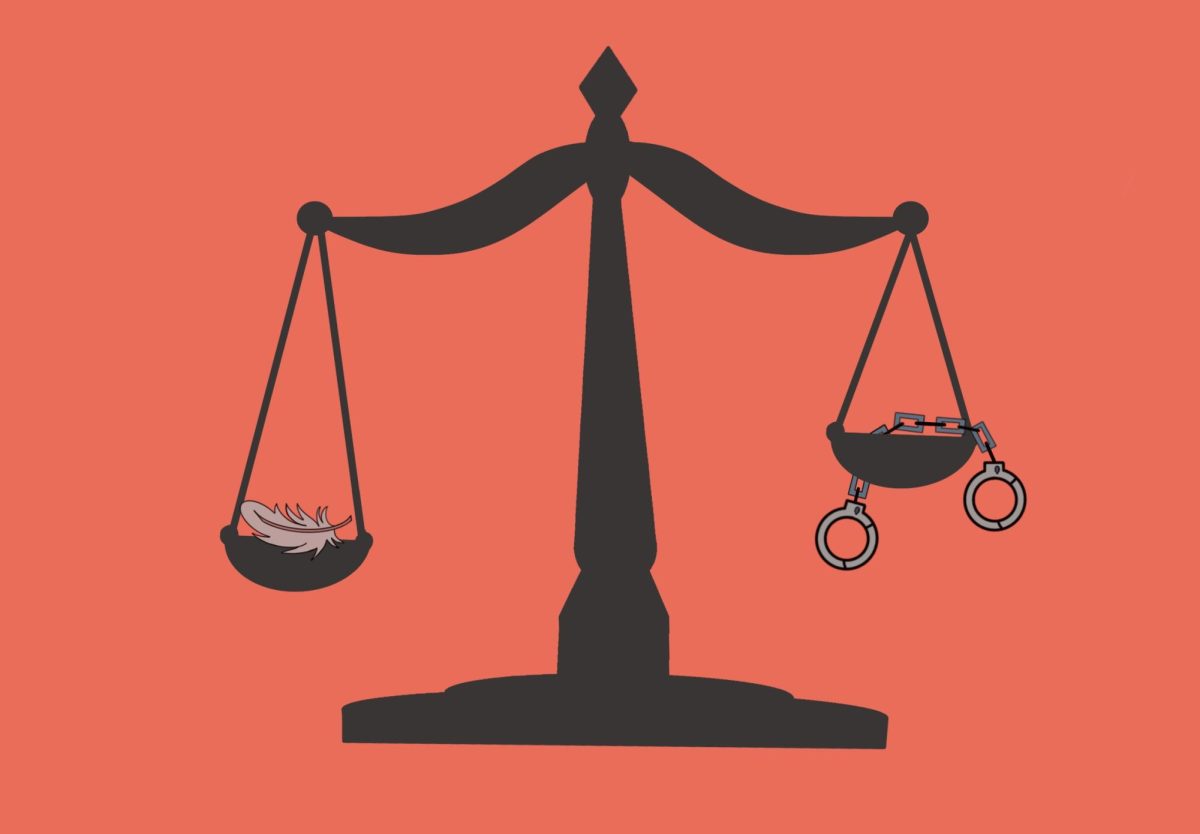Fifteen years ago, I was one of the 5,053 Chinese children adopted by an American family, according to the US Immigration and Naturalization Service. Found in a train station in Sczhuan province, I will never know my birth parents or why they gave me up. Although I used to pretend they were spies or long-lost royalty forced to give me up to protect me, the decision was more likely made based on long-standing traditions of preferring sons to daughters and the 1979 policy which enacted the one family, one child policy for the Han majority.
Thirty-five years after the one-child policy, China faces a rapidly aging population, similar to Japan and Singapore. After talks began at the October 2015 National People’s Congress Standing Committee, on Jan. 1, 2016, China enacted a new policy to control its population. New policies, including the ability to have two legal children and a lengthened maternity leave, encourage families in China to have multiple children and to lessen the child neglect rate. While I count myself lucky for being adopted to a loving home, I cannot help but think about “what ifs” and question whether the new policy is ignoring underlying issues.
First hearing the news, I was thrilled and saw the new policy as a progressive step toward individual freedom. Over the years, I had read about families paying exorbitant fees for breaching the policy and women forced to have abortions. I imagined all the children who would not be torn from their birth mothers, who would know their heritage and know they were always loved.
Even though the updated policy does give citizens more options, it is no better than the original. The Chinese Communist Party was not doing this for humanitarianism; it was making a calculated decision to raise the working population to meet the country’s economic demands. The government continues to violate personal freedoms and control national birth rates.
Due to the drop in the fertility rate, the Chinese government estimates the 1979 policy prevented as many as 400 million births to “alleviate social, economic and environmental problems.” Ironically, China now faces the opposite problem. Since 2012, China’s workforce has been shrinking, while retiree numbers increase, according to the Paulson Institute. Once parents retire, the child is expected to take care of his or her family and find a good job. As of late, each single child is responsible for looking after two parents and four grandparents. Although it seems logical that parents are pleased at the prospects of two children caring for them, many are hesitant to have more than one child.
In 2013, China loosened the one child law and surprisingly, many couples were not interested in having a second child, especially in cities. Because of the competitiveness in society and costs of a second child, parents continued planning to only have one child. After giving citizens the chance to change autonomously, with negative results, China is now pressuring citizens to follow the government’s wishes, through incentivizing a two child family.
China needs more sustainable and humane solutions. Despite the increased leniency, Amnesty International still declares that telling mothers how many children they could legally have while threatening hefty fines, forced adoptions and sterilizations is considered torturous. By lifting the cap on births, families in the countryside are likely to have more children to enter the workforce. An alternative to manipulating birth rates is to invite immigrants to replace the retiring workforce. By offering a temporary guest worker program for targeted job areas, China would meet the demands of the labor market and help Southeast Asia’s population of migrant workers. While I cannot begin to fathom how China will actually solve its population crisis, treating its current population like pawns in a chess game will never be the right answer. It is ineffective from a practical standpoint, violates individuals’ rights and leaves a population of lost children asking unanswerable questions.






